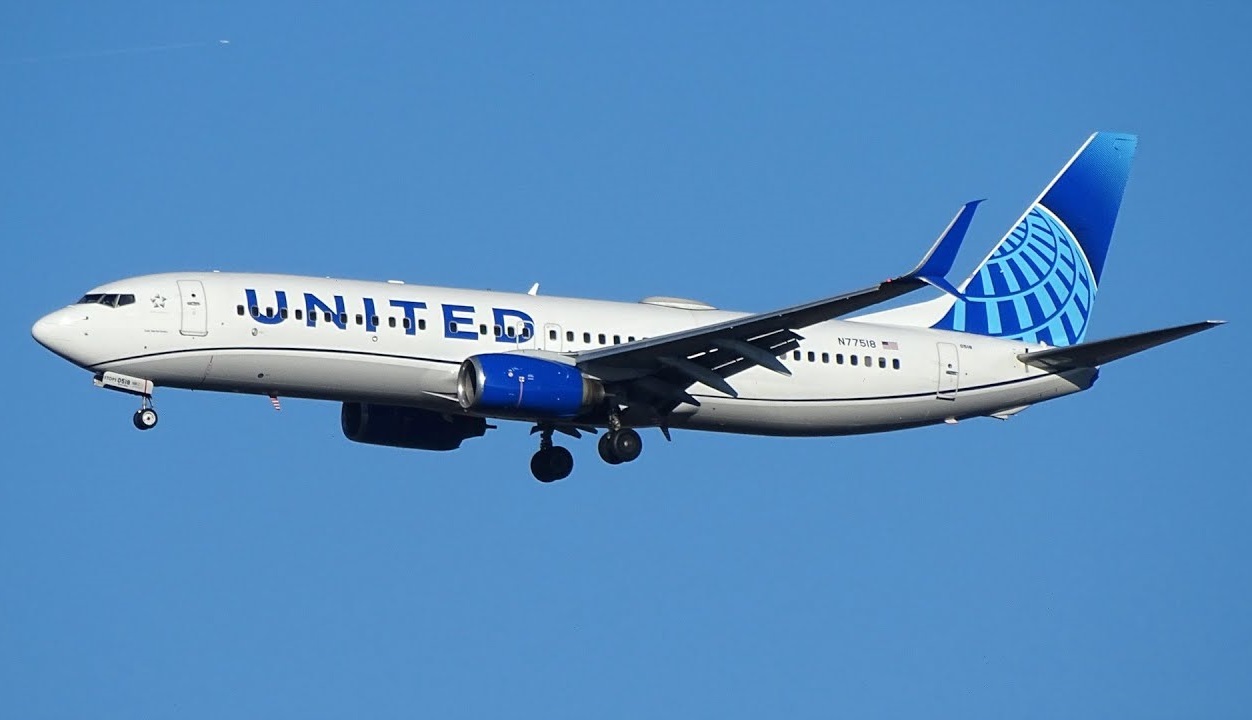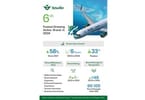Until today, Brunei’s main source of wealth was its petrol and gas resources. Consequently, the government of the world’s last Malay monarchy did not particularly look at boosting tourism or encouraging competition in air transport. Royal Brunei Airlines (RBA), created with the backing of the Brunei royal family, still enjoys high protection from the authority.
Because of its special relation with the government, RBA has been very complacent for too long with little – if any – defined strategy to speak of. It has benefited from Brunei’s restrictive policy to foreign airlines to set foot into the Sultanate. Receiving traffic rights from Brunei authorities is still a “long and winding road” as the Beatles would have sung. But the Brunei Department of Civil Aviation is increasingly under pressure to relax rules, especially as the Association of Southeast Asian Nations (ASEAN) already allows ASEAN carriers to fly unrestricted between capital cities. For years, another deterring element was the Royal Brunei monopoly on ground-handling operations at the airport. Monopoly generally does not translate into fair pricing.
In 2006, after a three-year battle, AirAsia finally managed to get a daily frequency from Kuala Lumpur to Bandar Sri Begawan. It took the airline another three years to add a second frequency, this time to Kota Kinabalu. And finally it just received the authorization to double its service to and from Kuala Lumpur. The second daily service to Malaysia’s capital will start from August 25. It has been reported that Indonesia AirAsia would also like to fly Brunei-Jakarta. There is a large Indonesian workers community employed in the capital. The AirAsia Group has also the ambition to open a hotel in Bandar Sri Begawan. In a recent interview, AirAsia Group CEO Tony Fernandes announced being on the verge of finalizing a deal to open a Tune hotel in the Sultanate’s capital.
AirAsia is not the only budget carrier looking at serving the lucrative Brunei market. One of Asia’s fastest-growing airlines, Cebu Pacific (CEB), will also start to fly from this August. Manila-based budget carrier, Southeast Asia’s fourth largest in size, will fly twice a week with an Airbus A320 from Manila NAIA to Bandar Sri Begawan. Tiger Airways received Brunei Civil Aviation’s green light to start from Singapore in 2006, but until today, it has not used its traffic rights. According to Charles Sng, head of communication at Tiger Airways, they are no plans from the airline to currently fly to Brunei. Brunei could then provide traffic rights to any other carrier willing to enter the market from Singapore, one of the top three air routes in passengers.
The development of low-cost flights to and from Brunei also has a positive consequence for customers of national carrier Royal Brunei Airlines. Recognizing the impact of low-cost carriers on air travelers, RBA launched a new price structure with lower fares last spring. It will contribute to increase total tourist arrivals by air. According to data from Brunei tourism, air arrivals topped last year at 158,000, down by 69 percent over 2008. The result was mostly due to the economic crisis, with total air arrivals expected to bounce back sharply in 2010. Low-cost carriers and RBA’s new fare strategy will speed up this recovery.
WHAT TO TAKE AWAY FROM THIS ARTICLE:
- In a recent interview, AirAsia Group CEO Tony Fernandes announced being on the verge of finalizing a deal to open a Tune hotel in the Sultanate's capital.
- Brunei could then provide traffic rights to any other carrier willing to enter the market from Singapore, one of the top three air routes in passengers.
- The development of low-cost flights to and from Brunei also has a positive consequence for customers of national carrier Royal Brunei Airlines.






















